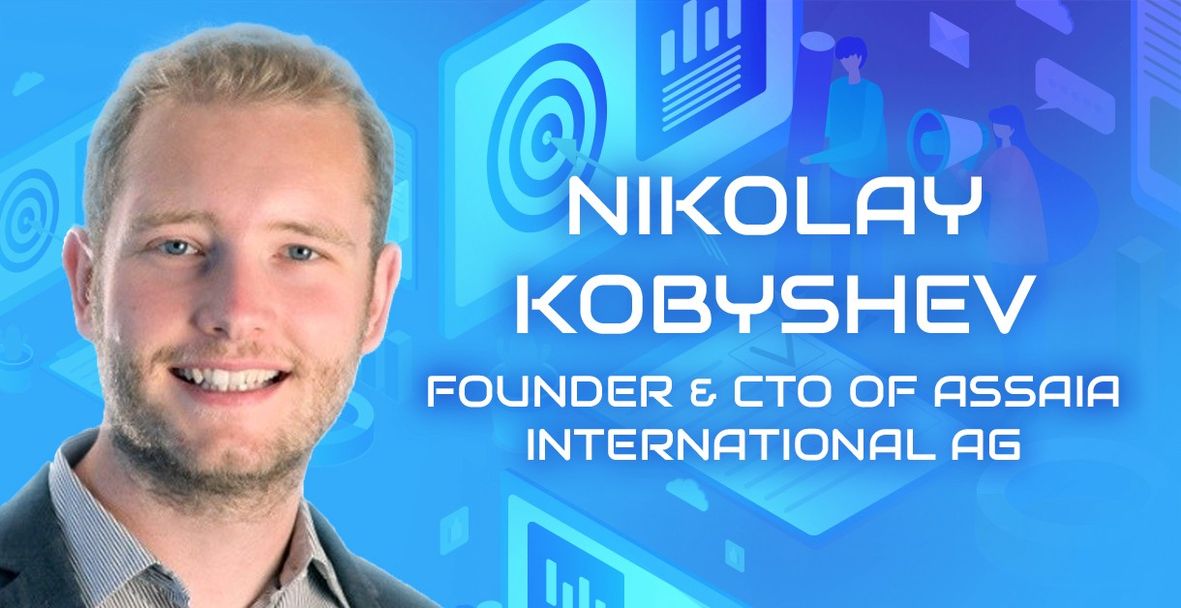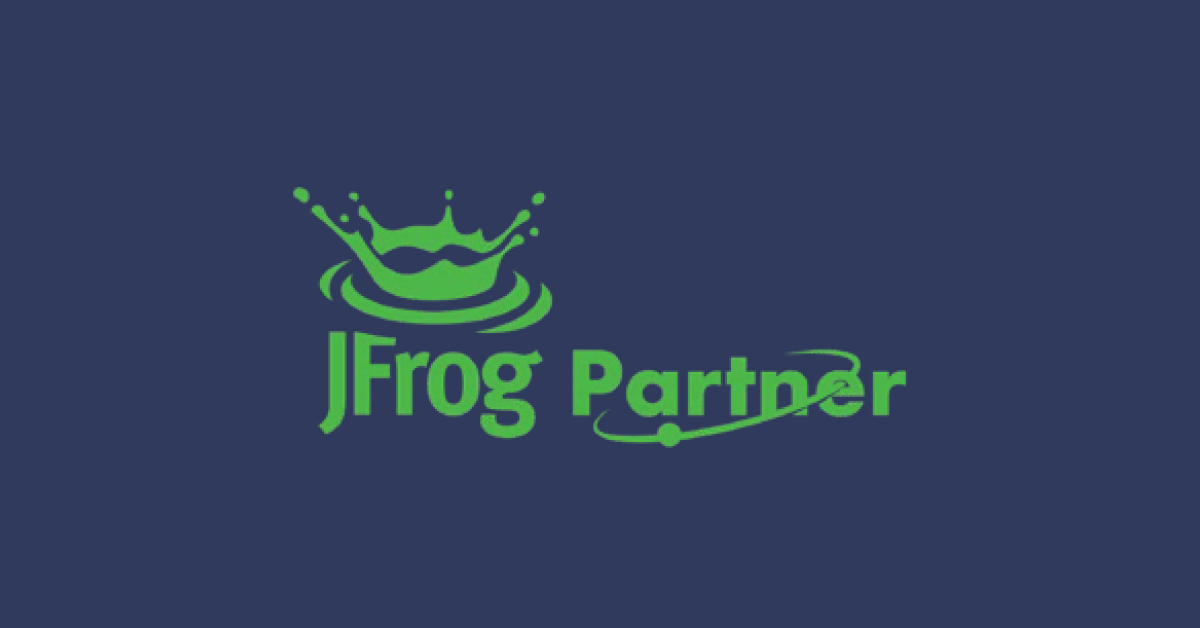
Sphere Software hosts a series of TechDebates around the world. For more information or to register for this debate click here. Also, we are always on the lookout for debaters—if you have something to say, let us know at https://techdebates.sphereinc.com/debater-registration.
What is the most challenging part of being a CTO in today’s industry?
NIKOLAY: The biggest challenge we face is determining the effective cadence for new developments and feature updates. We strive to find a good compromise among a number of factors, including what is needed by customers, what is achievable given today’s research and knowledge, what is possible using today’s technology tools, and what can be accomplished with our resources. We can come up with great features, but it is not practical if building these features requires us to double or triple our team. Or research might point to an opportunity to develop a capability that is not yet practical using today’s technologies. Perhaps we uncover an opportunity that is only practical if the payout in the market is high―which is not usually the case.
Because of a mix of these and other factors, assessing which directions to pursue and which to set to the side is one of the biggest challenges I face.
Register today for TechDebates Zurich
Have you found the concept of building an adaptive organization valuable for balancing the need for innovation with the practicalities of operating a viable company?
NIKOLAY: The question in my mind always is, “Adapting to what?” You might have a new product, feature, or direction in mind. You want to be able to move in this direction, otherwise competitors will beat you to it. But you don’t usually want to refocus your entire company.
A three-part technology organization has worked well to allow us to adjust to the new without destroying what we have built. First, you need knowledge and advice from experts outside of your company ― in most cases these experts are part of our professional network. Second, you need people on your team who are capable of quickly internalizing newly acquired knowledge and who understand how to implement it within the organization. Finally, the work goes to team members, who can make the advancement production ready. Ideally, the development team is highly skilled and capable of doing research, which is the case in our company, but sometimes this is not the case.
The key to being an adaptive organization is to be able to quickly understand new ideas and to utilize your experience to filter out the ideas that are either not practical, have a high risk of failing, or are just currently not the top priority.
This three-level approach has allowed us to make quick time- and resource-allocation decisions that are rooted in delivering the most value to customers, while still being good and profitable decisions for our company.
Register today for TechDebates Zurich
How do you balance the need for quick product innovation and rollout with building quality products?
NIKOLAY: How you handle new-product rollouts really depends on the stage of your company or product. When you first start your company, or when you are launching a completely new product, a prototype-stage product is allowed to be bad because your customers’ expectations are light. When the prototype becomes a production solution, it must be completely stable ― you have to make your first customers happy, and that obviously will not be the case if your product is bad.
Technology companies, of course, cannot stop after the production product is on the market. You must keep innovating and developing, or your competition will overtake you. As you continue to develop and improve, it is critical to not make promises to your customers that you cannot keep. I believe in being honest with customers and communicating a realistic timeframe for the new release. By being honest, you relieve some of the pressure on your research-and-development team, and you build trust with customers. Finally, by taking this approach, you have the luxury of talking to multiple customers and understanding the needs and priorities of a larger portion of your account base.
How do you manage the risks of feature creep?
NIKOLAY: Feature creep is commonly not solved on the technical side. Often customers have great ideas that are quite valuable. However, sometimes these ideas will take a lot of time and resources, without delivering much value for the customer or for our company. In these cases, you just have to be open with the customer.
When customers make requests, we take the time to understand why they are making the request. We always work hard to make our customers happy, but sometimes a request can be solved more simply, for example, by using some other technology, and sometimes the customer can come to learn that they don’t really need the feature they requested at all. On the other hand, maybe there has been a change within the customer’s business; the request is now important to them, and we need to respond.
In the end, being open, honest, and attentive to your customers’ needs solves many problems. This is a much better approach than continually putting more pressure on your technical team because eventually they will quit.
That said, while we often think of feature creep as a problem, it is really your friend. By listening to your customers’ ideas, you don’t have to think abstractly about the next product developments. Rather, you have a roadmap for how to improve your product and develop new features. You merely must prioritize the path.
We have aggressive growth plans for our company. We want to make our company the best in the world. We also want to make our customers the happiest customers in the world. Our job is just to take the customer by the hand, with a thorough understanding of our capacity, and work to intersect these factors in the most perfect way possible.
What role does culture play within your company, and how have you fostered a productive company culture?
NIKOLAY: Culture plays a huge role in our company. First, many people prefer working remotely, and we are happy to support this. We’ve found that much of the best technical talent prefers working remotely. Additionally, we are looking for people that have an entrepreneurial mindset and see it as their mission to partner with us to build the company. They are not merely trading their time for a paycheck; they are investing their time and talent to build something bigger than any one of us.
We also have a list of established values that are important as we recruit new team members. Additionally, these values help focus us as a company. For instance, we highly value getting things done quickly, we demand honesty, and we value straightforwardness. We also detest formal hierarchy.
Sphere Software (https://sphereinc.com) is the sponsor and organizer of TechDebates.org and also finds great value in these follow-up discussions with industry experts. Sphere is a technology consulting-and-solutions company. Everything we do is designed to accelerate your business, remove technical constraints, and eliminate staffing bottlenecks.





